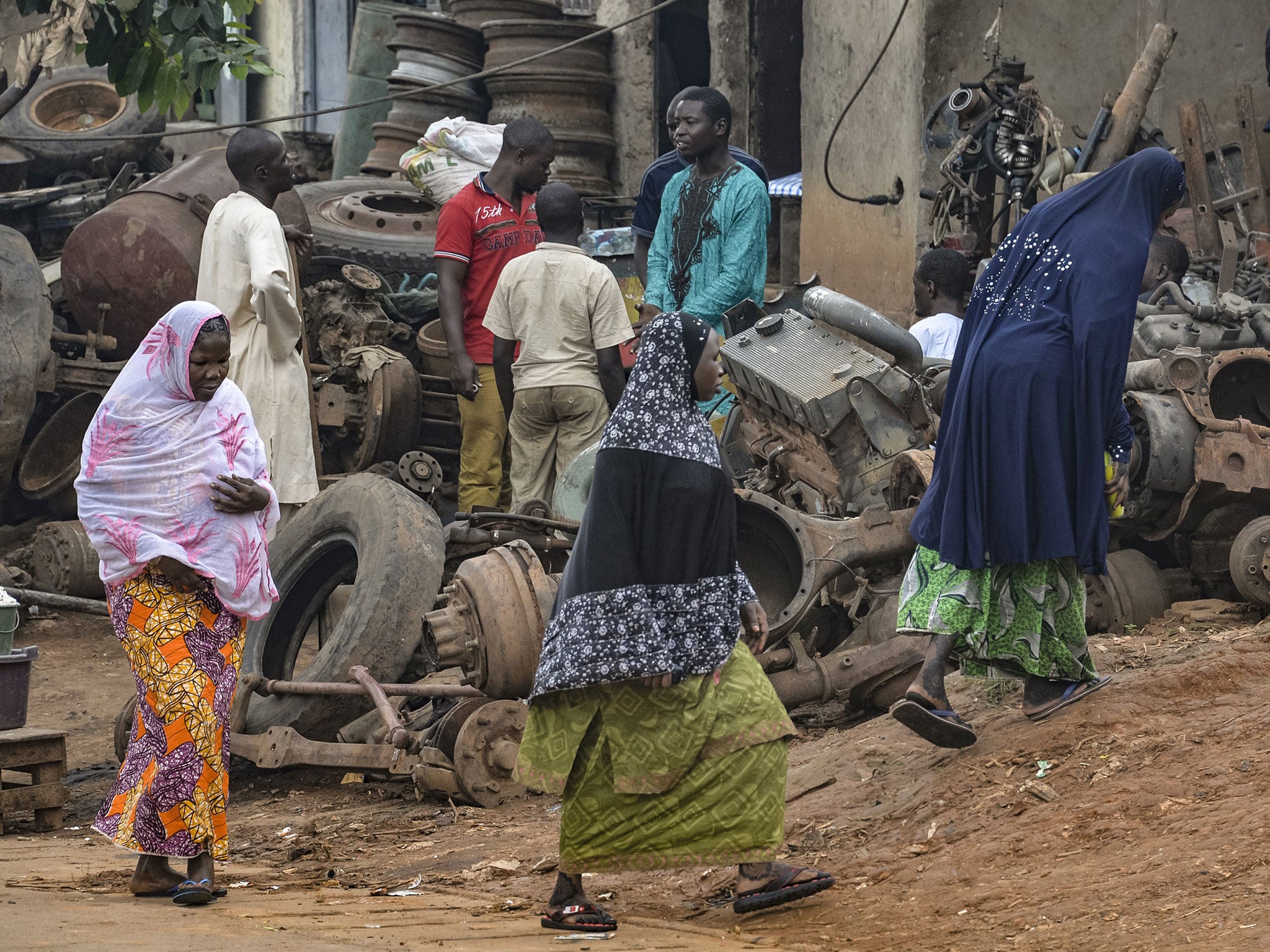Breast Ironing: 'Abhorrent practice' becoming 'endemic' in UK
The practice is believed to have affected up to 1,000 girls in Britain

Your support helps us to tell the story
From reproductive rights to climate change to Big Tech, The Independent is on the ground when the story is developing. Whether it's investigating the financials of Elon Musk's pro-Trump PAC or producing our latest documentary, 'The A Word', which shines a light on the American women fighting for reproductive rights, we know how important it is to parse out the facts from the messaging.
At such a critical moment in US history, we need reporters on the ground. Your donation allows us to keep sending journalists to speak to both sides of the story.
The Independent is trusted by Americans across the entire political spectrum. And unlike many other quality news outlets, we choose not to lock Americans out of our reporting and analysis with paywalls. We believe quality journalism should be available to everyone, paid for by those who can afford it.
Your support makes all the difference.The “abhorrent practice” of breast ironing, where a girl’s breasts are beaten and burned to stop them developing, could be “endemic” in some UK communities.
Speaking in a House of Common’s debate on Tuesday, MP Jake Berry said breast ironing is understood to have originated in Cameroon, but cases had been found in Nigeria, Benin, Chad “and Birmingham and London”.
“Recent press coverage has said that it is endemic and experts believe that the custom is being practiced among the several thousand Cameroonians now living in the UK,” Mr Berry told the Commons.
In Cameroon, up to 50 per cent of girls as young as 10 years old undergo breast ironing on a daily basis and the practice is believed to have affected up to 1,000 girls in Britain.
Mr Berry said it was “hard to prove the extent of its prevalence in the UK” because, like Female Genital Mutilation (FGM), the practice was “most often carried out by a family member” meaning it was “often hidden”.
Breast ironing, which is traditional in Cameroon and uses hot objects to pummel girls' breasts, is often carried out by relatives as an attempt to stop sexual harassment, rape and pregnancy by delaying the signs of puberty in young girls.

Twenty-three per cent of UK children’s services are not trained to deal with breast ironing, while 65 per cent would welcome the opportunity for guidance, a Freedom of Information request undertaken by Mr Berry found.
A previous FOI found 15 per cent of police forces were not aware of the practice.
During the debate, Home Office Minister Karen Bradley admitted “certain professionals” do not have the confidence to question harmful child abuse happening in the UK due to "cultural sensitivities".
"This is simply not the case," she added, "and we need to give those professionals the confidence to know that this is something that they should be looking for, that they know what the signs are and that they take action."
She added the Crown Prosecution Service achieved a record 129 convictions for offences involving honour-based violence between 2014 and 2015, but that a recent report from Her Majesty's Inspectorate of Constabulary raised some "serious concerns" of the police handling of the issues.
Mr Berry has urged the Government to introduce specific new legislation to tackle breast ironing in the same way it has for FGM.
“The police and local authorities by their own admission need further training in dealing with this practice and bringing these crimes to prosecution," said Mr Berry.
Magdalena Randall-Schab, secretary of the UK National Committee for UN Women’s London branch, said breast ironing has continued “under the misguided intention to ‘protect’ women and girls from men”.
As well as extreme pain the practice can cause tissue damage and some medical experts have warned it could contribute towards breast cancer, cysts, abscesses and cause problems with breastfeeding.
The UN listed it as one of five under-reported crimes relating to gender-based violence and is raising awareness alongside charities including the London-based CAME Women and Girls Development Organisation (Cawogido).
Additional reporting by Press Association
Join our commenting forum
Join thought-provoking conversations, follow other Independent readers and see their replies
Comments